Rusinga Island, located on the shores of Lake Victoria, is a tranquil retreat perfect for travelers looking to unwind and immerse themselves in nature and culture. This serene island is rich in history, with links to Kenya’s prehistory and the cradle of humankind. It also serves as a base for exploring the vibrant ecosystems of Lake Victoria, Africa’s largest freshwater lake.
The island is an excellent destination for birdwatchers, anglers, and cultural enthusiasts. From fishing trips and boat rides to visiting the nearby Tom Mboya Mausoleum, Rusinga offers a unique blend of relaxation and exploration. Sunsets over the lake are particularly stunning, providing the perfect end to a day of adventure.
Key Features
– Tranquil lakeside environment
– Diverse birdlife and fishing opportunities
– Cultural and historical attractions
– Stunning sunsets over Lake Victoria
Best Time to Visit
– June–September (cool and dry)
– December–February (warm and sunny)
Activities
– Fishing and boat excursions
– Birdwatching (over 400 bird species)
– Cultural tours, including Tom Mboya Mausoleum
– Kayaking and lake exploration
– Relaxing on the lakeshore
Getting There
– 1-hour flight from Nairobi to Kisumu, followed by a 2-hour drive
– Boat transfers available from the mainland
Recommended Stay
2–3 nights
– 1 day for cultural tours
– 1–2 days for lake activities and relaxation
Travel is the movement of people between relatively distant geographical locations, and can involve travel by foot, bicycle, automobile, train, boat, bus, airplane, or other means, with or without luggage, and can be one way or round trip. Travel can also include relatively short stays between successive movements.
The origin of the word "travel" is most likely lost to history. The term "travel" may originate from the Old French word travail, which means ‘work’. According to the Merriam Webster dictionary, the first known use of the word travel was in the 14th century.
It also states that the word comes from Middle English travailen, travelen (which means to torment, labor, strive, journey) and earlier from Old French travailler (which means to work strenuously, toil). In English we still occasionally use the words "travail", which means struggle. According to Simon Winchester in his book The Best Travelers’ Tales (2004), the words "travel" and "travail" both share an even more ancient root: a Roman instrument of torture called the tripalium (in Latin it means "three stakes", as in to impale).

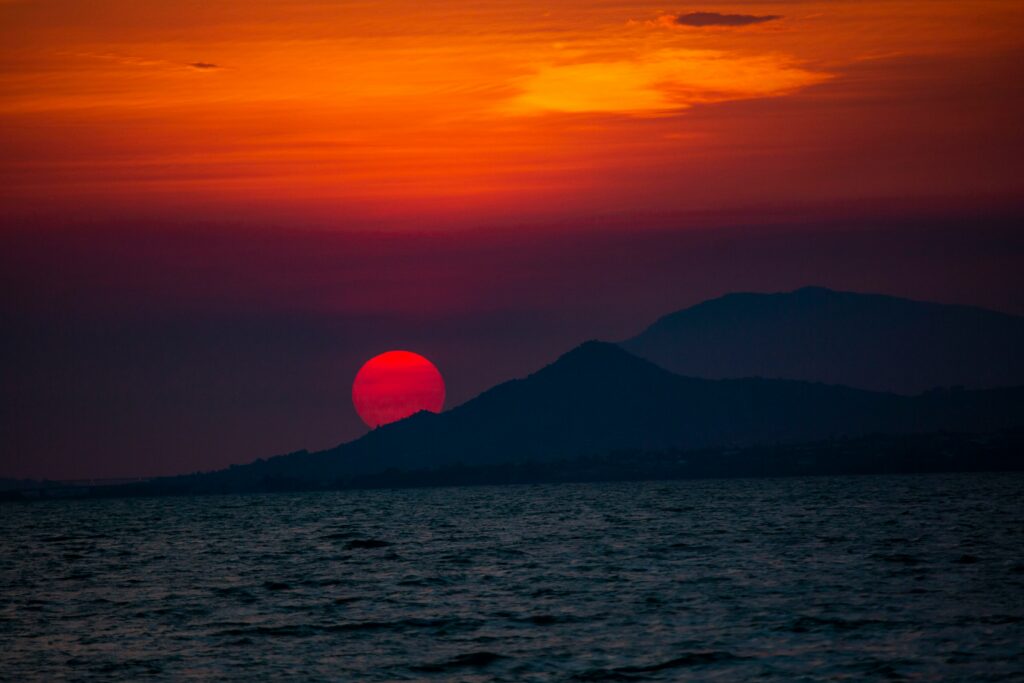



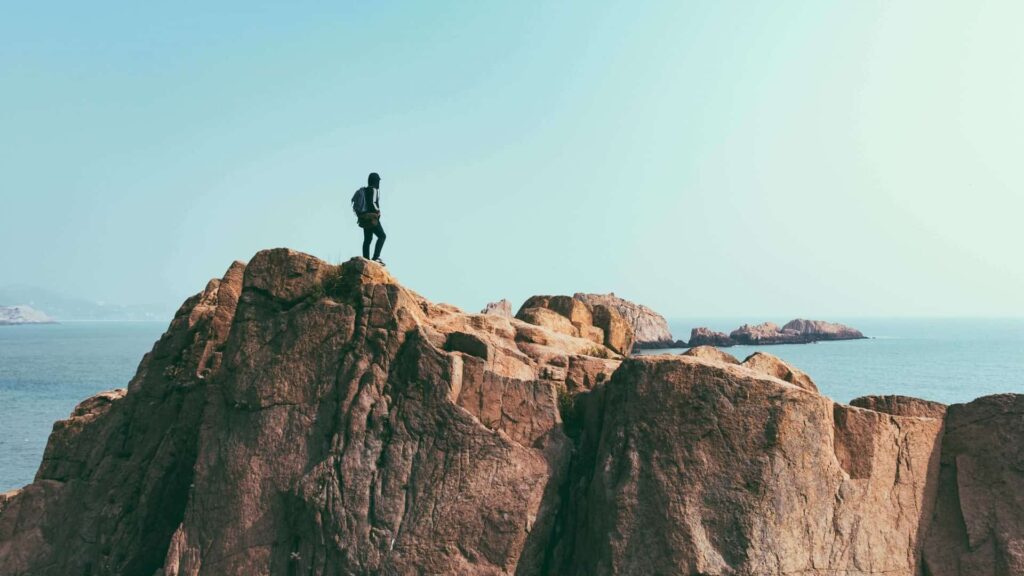


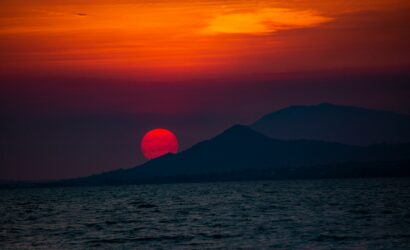

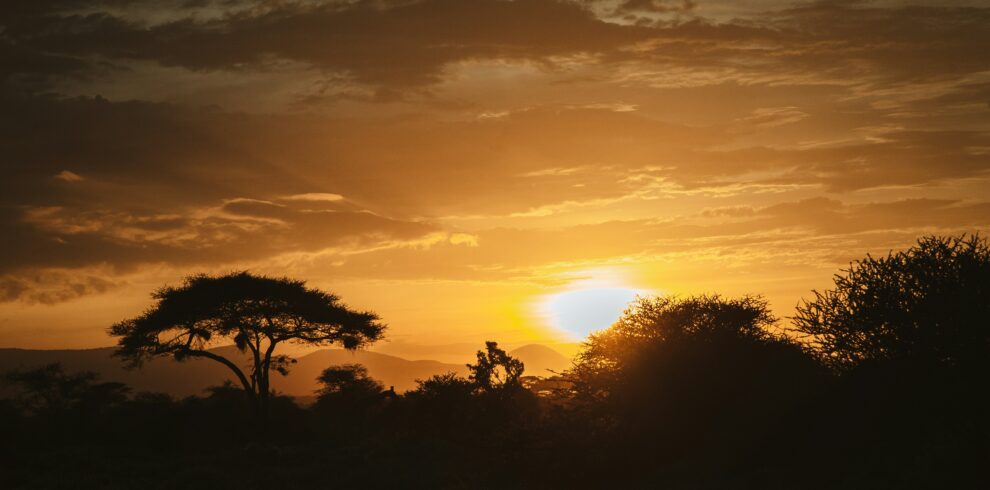
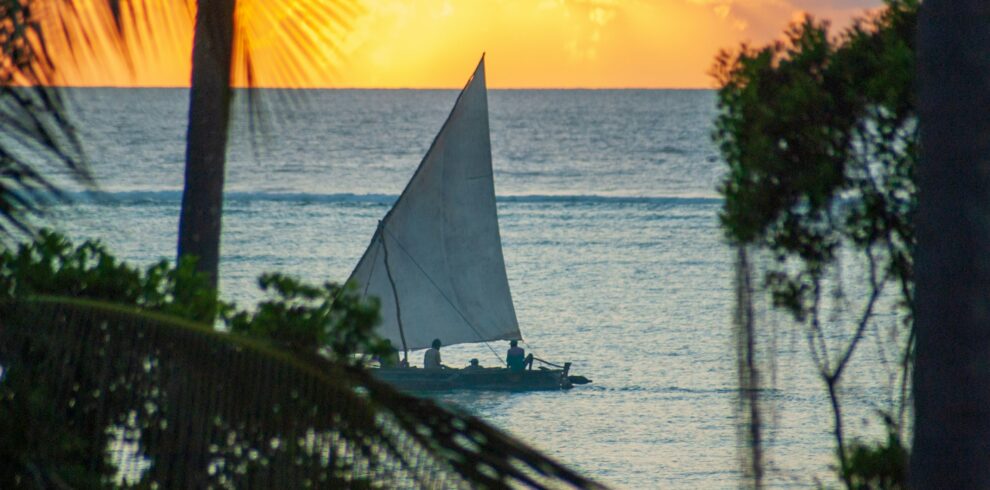
Write a Review